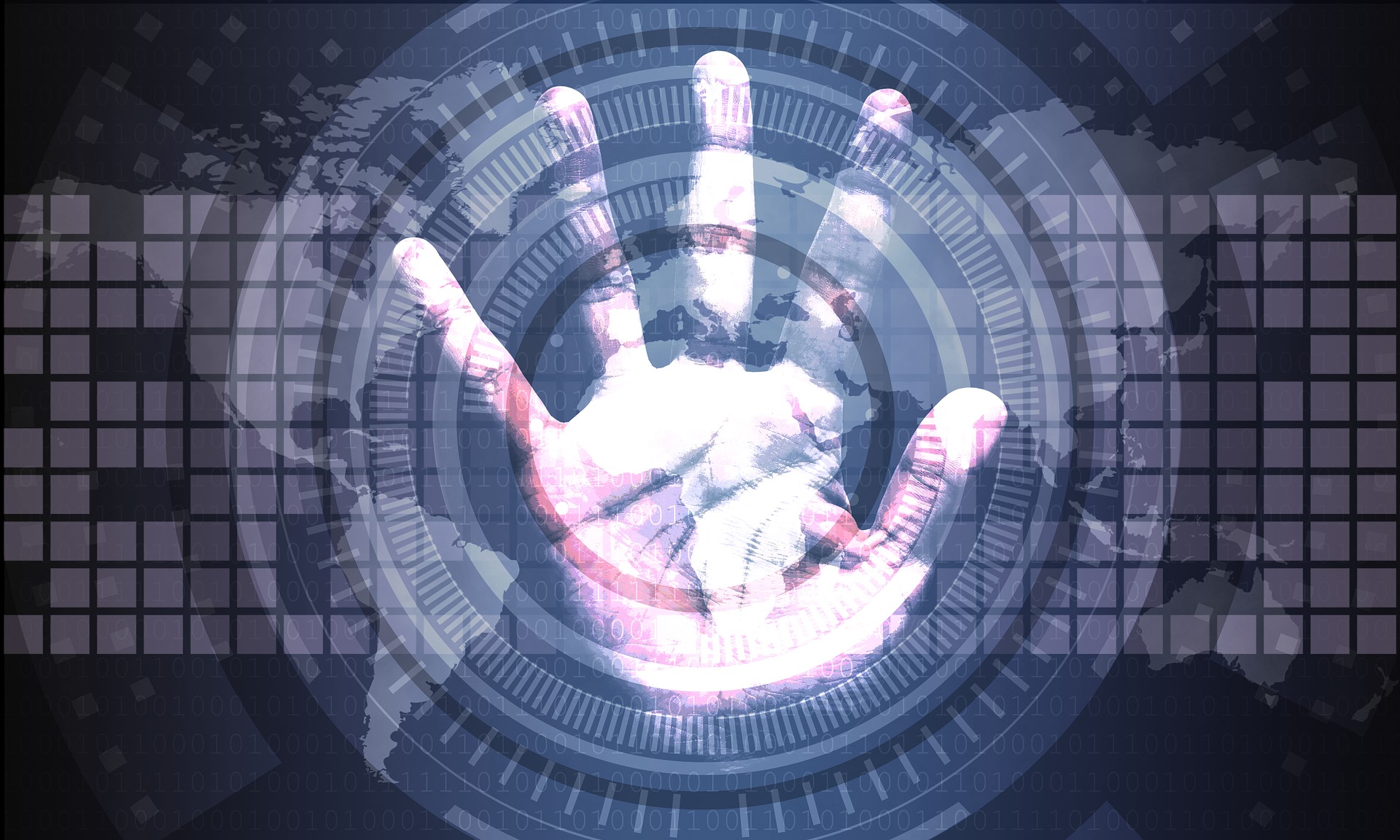Almost all software and systems are vulnerable to attack in some form
Many businesses believe limiting insider access will double efficacy of protections

Sign up for breaking news, reviews, opinion, top tech deals, and more.
You are now subscribed
Your newsletter sign-up was successful
Arguing that a rise in remote work have left businesses more vulnerable to cybersecurity attacks like ransomware, a new report suggests that deploying a zero trust architecture is expected to double the efficacy of cybersecurity protections against a range of threats.
Conducted by Symmetry Systems, the report surveyed 125 IT and security decision-makers in midsize and large organizations, and found businesses anticipate zero-trust architecture will increase their ability to stop data breaches by 144%.
Interestingly, the two lowest anticipated increases with zero-trust are preventing ransomware (83% increase) and identifying vulnerabilities that attackers could target (78% increase), though Symmetry System notes that these increases are significant too.
We're looking at how our readers use VPNs with streaming sites like Netflix so we can improve our content and offer better advice. This survey won't take more than 60 seconds of your time, and we'd hugely appreciate if you'd share your experiences with us.
Brain trust
According to the report, most businesses look at zero trust to strengthen cybersecurity protections primarily focused on internal matters, such as identity and access management (IAM) and application access management for employees, and internally-facing applications.
In fact, by limiting an insiders’ scope of access to sensitive corporate data, the respondents expected the efficacy of their protections against insider threats to double.
However, the report also found that businesses don’t look at zero trust as an answer to all threats.
“On average, there is still a 40% to 50% gap left between the anticipated future state with zero trust and a robust set of complete cybersecurity protections. Respondents expect zero trust to make a significant contribution to reducing the scope of threats (as it should), but do not expect it to completely mitigate every threat alone (as it cannot),” finds the report.
Sign up to the TechRadar Pro newsletter to get all the top news, opinion, features and guidance your business needs to succeed!
Protect your computers with these best antivirus software, and cleanse them with these best malware removal software
With almost two decades of writing and reporting on Linux, Mayank Sharma would like everyone to think he’s TechRadar Pro’s expert on the topic. Of course, he’s just as interested in other computing topics, particularly cybersecurity, cloud, containers, and coding.
